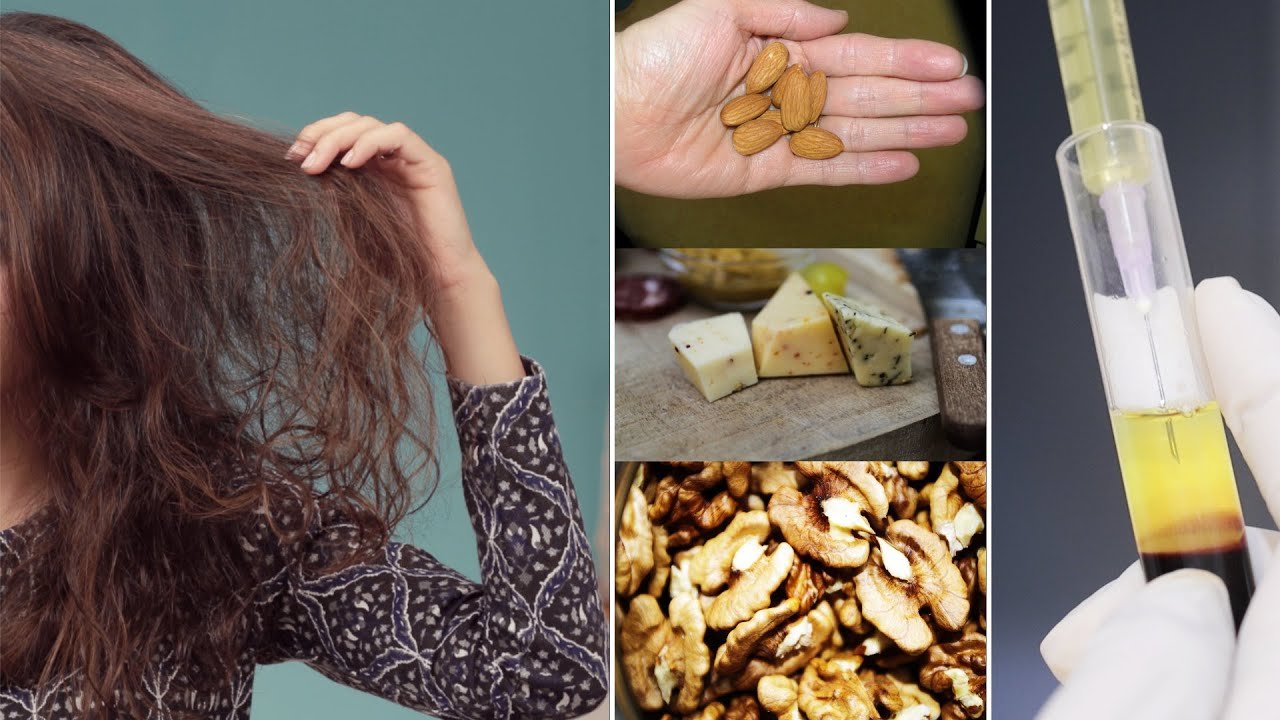Unlocking the Secrets to Effective Hair Growth Treatments
In a world where our appearance often plays a significant role in our self-esteem, hair loss can be a distressing experience. Fortunately, advancements in medical science and technology have provided a plethora of hair growth treatments that cater to various needs and preferences. Whether you’re dealing with genetic hair loss, stress-induced shedding, or other types of hair thinning, understanding the options available can empower you to make an informed choice. Here’s a comprehensive look at some of the most effective hair growth treatments currently on the market.
Medical Treatments
Minoxidil
Minoxidil, available over-the-counter in topical forms, is one of the most popular treatments for hair loss. It’s believed to work by improving blood flow to hair follicles, thereby stimulating growth. Available in both liquid and foam forms, minoxidil is applied directly to the scalp. Results can vary, but many users experience noticeable hair regrowth within a few months.
Finasteride
Finasteride is an oral medication prescribed for men with androgenetic alopecia, commonly known as male pattern baldness. It works by inhibiting the production of dihydrotestosterone (DHT), a hormone linked to hair loss. While effective, finasteride may have side effects, including decreased libido and erectile dysfunction, so it’s crucial to discuss these potential risks with a healthcare provider.
Prescription Treatments
In some cases, doctors may prescribe treatments like spironolactone or topical corticosteroids, especially for conditions like alopecia areata or hormonal imbalances. These treatments should only be used under medical supervision due to their potential side effects.
Natural and Alternative Remedies
Essential Oils
Essential oils such as rosemary, peppermint, and lavender have been touted for their potential to stimulate hair growth. They are often used in conjunction with carrier oils like jojoba or coconut oil. While some small studies suggest benefits, scientific evidence is limited, and these treatments should be used with caution.
Herbal Supplements
Herbal remedies like saw palmetto, ginseng, and biotin supplements are popular among those seeking natural solutions. Saw palmetto is thought to block DHT, while biotin is believed to support hair health. However, the efficacy of these supplements can vary, and it’s best to consult with a healthcare provider before starting any new regimen.
Surgical and Advanced Procedures
Hair Transplant Surgery
Hair transplant surgery involves relocating hair follicles from one part of the scalp (usually the back) to thinning or bald areas. Techniques such as Follicular Unit Extraction (FUE) and Follicular Unit Transplantation (FUT) are commonly used. Hair transplant surgery can offer natural-looking results but is typically more expensive and requires a recovery period.
Platelet-Rich Plasma (PRP) Therapy
PRP therapy involves drawing a small amount of blood from the patient, processing it to concentrate the platelets, and injecting it into the scalp. The growth factors in PRP are believed to stimulate hair follicles and improve hair density. Multiple sessions are usually required for optimal results, and while it’s generally considered safe, effectiveness can vary.
Laser Therapy
Low-level laser therapy (LLLT) is a non-invasive treatment that uses red light to stimulate hair follicles and promote growth. Devices such as laser combs and helmets are available for home use, and clinical studies suggest that LLLT can be effective for some individuals.
Lifestyle and Self-Care
Healthy Diet
A balanced diet rich in vitamins and minerals can support hair health. Nutrients like iron, zinc, vitamin D, and omega-3 fatty acids are crucial for maintaining healthy hair growth. Incorporating foods like leafy greens, nuts, seeds, and fish into your diet can be beneficial.
Stress Management
Chronic stress is known to contribute to hair loss, so managing stress through activities like meditation, exercise, or therapy can have positive effects on hair health.
Conclusion
Choosing the right hair growth treatment depends on several factors, including the underlying cause of hair loss, personal preferences, and medical advice. While no single solution works for everyone, a combination of treatments and lifestyle adjustments may offer the best results. Consulting with a healthcare provider or a dermatologist is essential to determine the most appropriate treatment plan for your individual needs.
As research continues to evolve, new treatments and advancements are likely to emerge, offering even more hope for those struggling with hair loss. In the meantime, staying informed and proactive can help you navigate the path to healthier, fuller hair.
